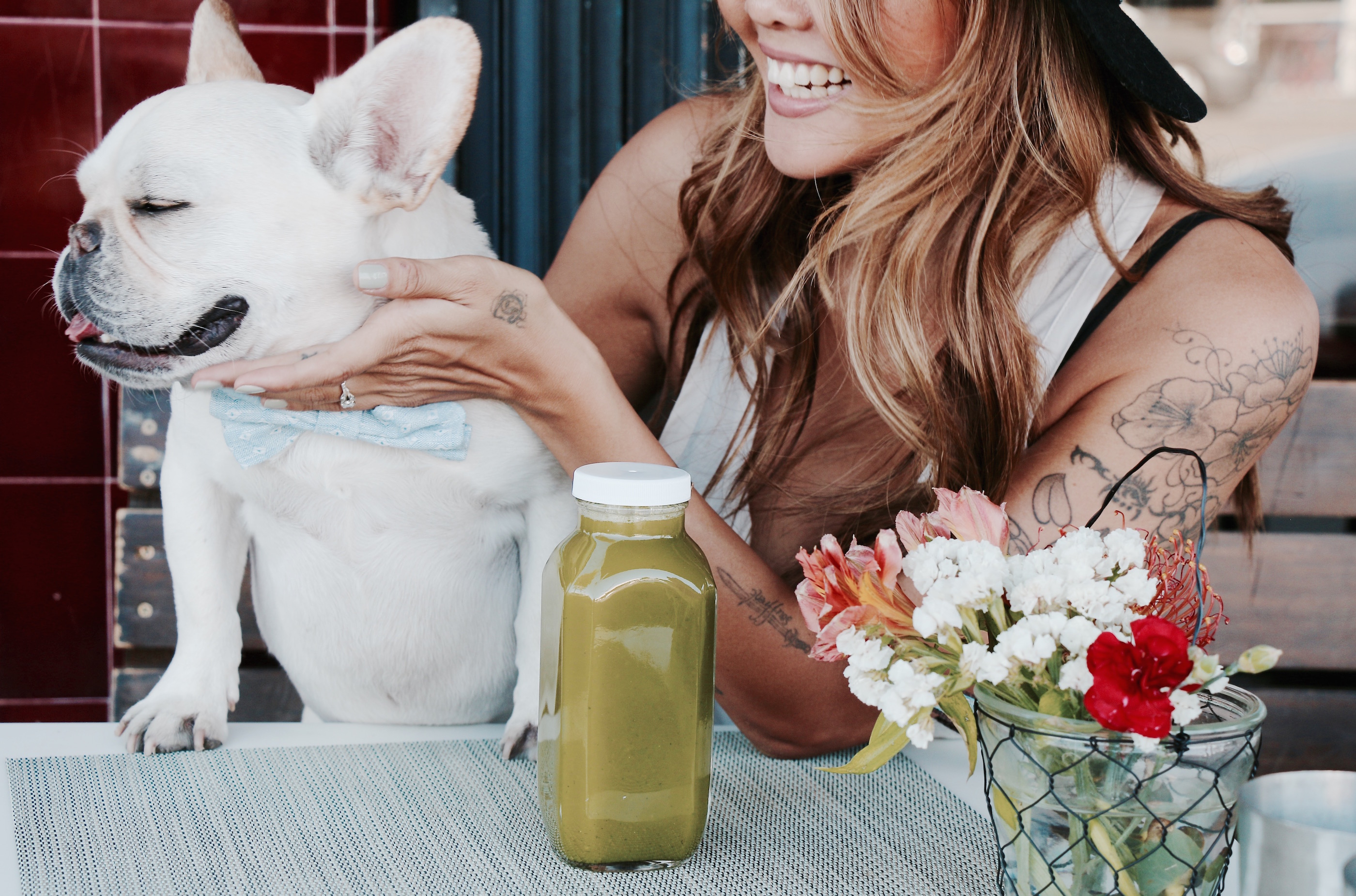Blog entry by Sherita Krug
Finding a reputable French Bulldog breeder is crucial for ensuring you bring home a healthy and well-socialized puppy. With the increasing popularity of French Bulldogs, it's essential to be vigilant and discerning when choosing a breeder. Here are some key factors to consider when evaluating a French Bulldog breeder.
Health and Genetic Testing
A reputable breeder prioritizes the health of their dogs above all else. They should be able to provide documentation of genetic testing for common health issues in French Bulldogs, such as:
- Hip and Elbow Dysplasia: These conditions can cause pain and mobility issues. Reputable breeders will have their dogs tested by the Orthopedic Foundation for Animals (OFA) or a similar organization.
Breeding Practices
Reputable breeders follow ethical breeding practices. They should:
- Limit Litters: Responsible breeders do not overbreed their dogs. They allow enough time between litters for the mother to fully recover.
Living Conditions
The living conditions of the dogs should be clean, safe, and spacious. When visiting a breeder, look for:
- Cleanliness: The area should be free of odors and waste.
Transparency and Communication
A reputable breeder is transparent and communicative. They should:
- Answer Questions: Be willing to answer any questions you have about their breeding practices, the puppies' health, and their lineage.
Contracts and Guarantees
A reputable breeder will have a contract that outlines their policies and guarantees. This should include:
- Health Guarantee: A guarantee that the puppy is healthy and free from genetic defects.
Red Flags to Watch Out For
Be wary of breeders who:
- Sell Puppies Online Only: While some reputable breeders may sell puppies online, it's important to visit the breeder in person to see the conditions in which the puppies are raised.
Visiting the Breeder
Visiting the breeder in person is one of the best ways to evaluate their reputation. During your visit, observe the following:
- Interaction with Dogs: Notice how the breeder interacts with their dogs. They should be gentle, patient, and loving.
Asking the Right Questions
When visiting or communicating with a breeder, ask the following questions:
- How long have you been breeding French Bulldogs?
Conclusion
Choosing a reputable French Bulldog breeder is a crucial step in ensuring you bring home a healthy, happy puppy. By considering the factors outlined above and asking the right questions, you can find a breeder who prioritizes the health and well-being of their dogs. Remember, a good breeder is not just selling a puppy; they are selling a lifetime of companionship and love. Take your time, do your research, and trust your instincts. Your future French Bulldog will thank you.
